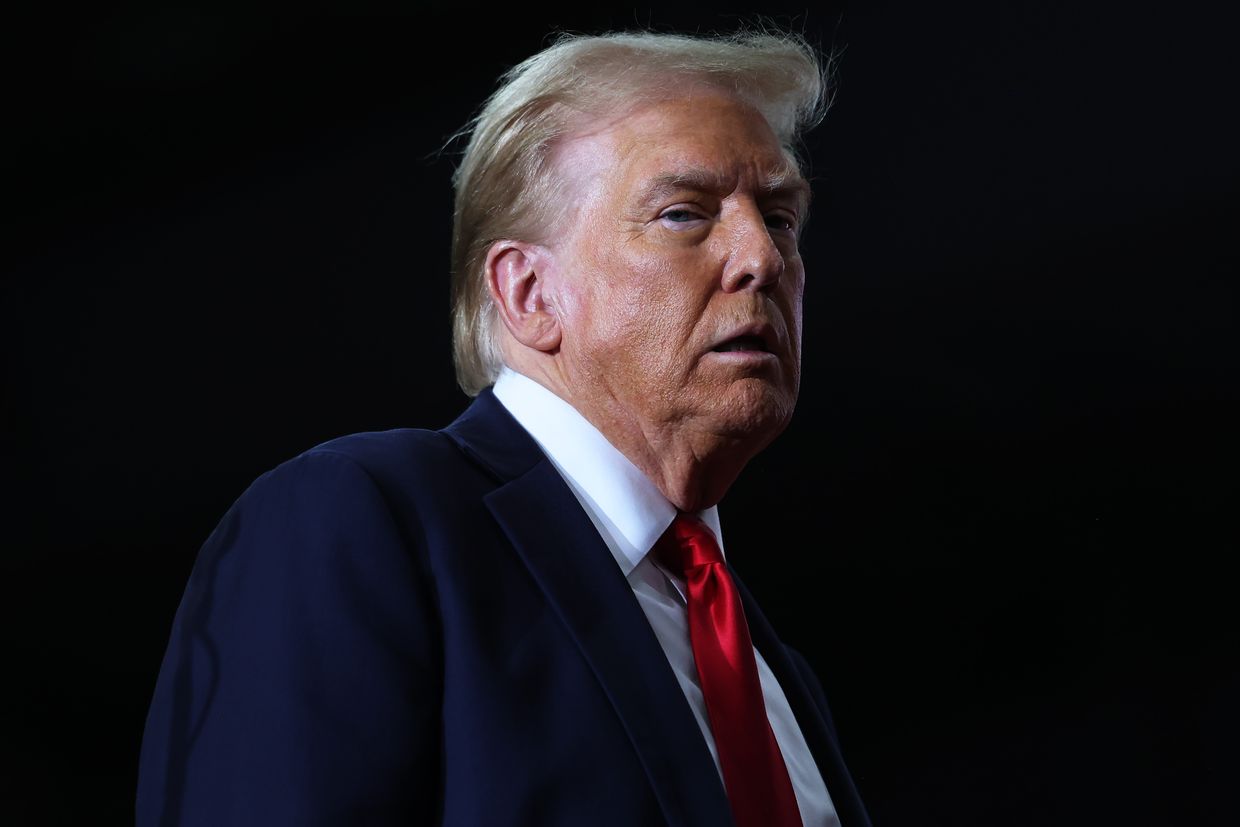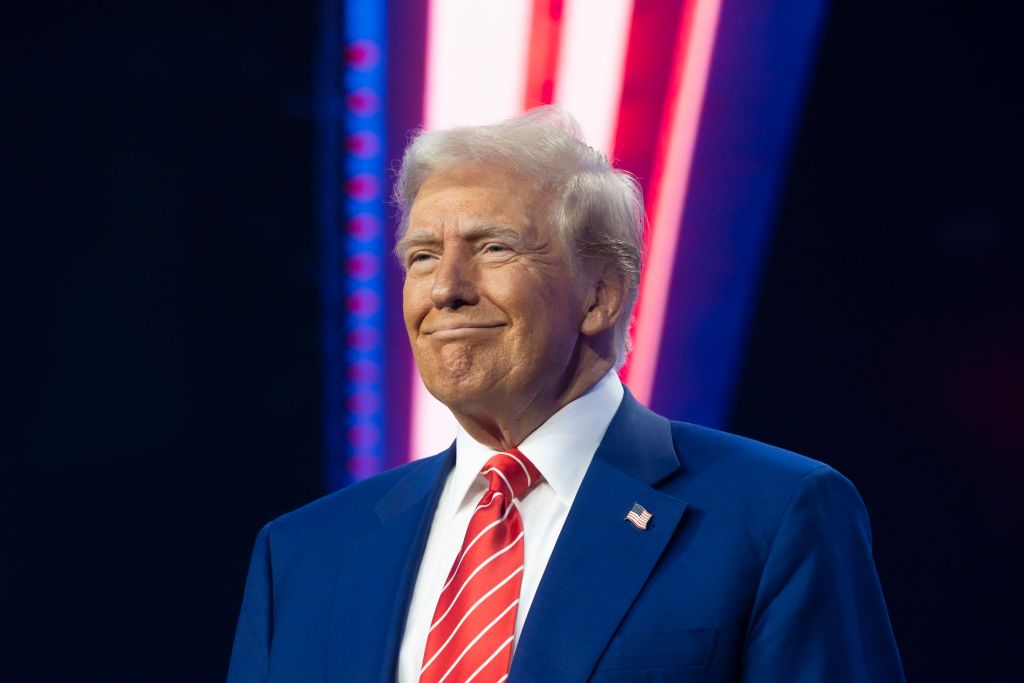U.S. President-elect Donald Trump said on Jan. 7 that NATO should raise its defense spending benchmark from 2% of GDP to 5%, echoing his earlier calls for Europe to spend more on its security.
"I think NATO should have 5%," Trump said at a news conference in Florida. This confirms earlier reports about the incoming U.S. president urging allies to raise defense spending to a benchmark no NATO member has reached as of now, including the U.S.
Trump is not the only one urging defense spending hikes. Other members of the 32-strong alliance see Russia's full-scale invasion of Ukraine and Trump's isolationism as an incentive to take more responsibility for their collective security.
Allies are reportedly discussing raising the spending level to 3% by 2030, still below Trump's proposed target.
As of 2025, some NATO members like Italy, Canada, or Spain have not even reached the current 2% target, though the number of allies that do has risen to 24 last year.
According to NATO estimates, Poland spent the greatest portion of its GDP on defense (4.12%) in 2024, followed by Estonia (3.43%) and the U.S. (3.38%).
Last February, Trump sparked international outrage by saying he would urge Russia to do "whatever the hell they want" to NATO member countries failing to meet defense spending criteria, in a declaration indicating his disregard for the alliance's collective defense principle.














